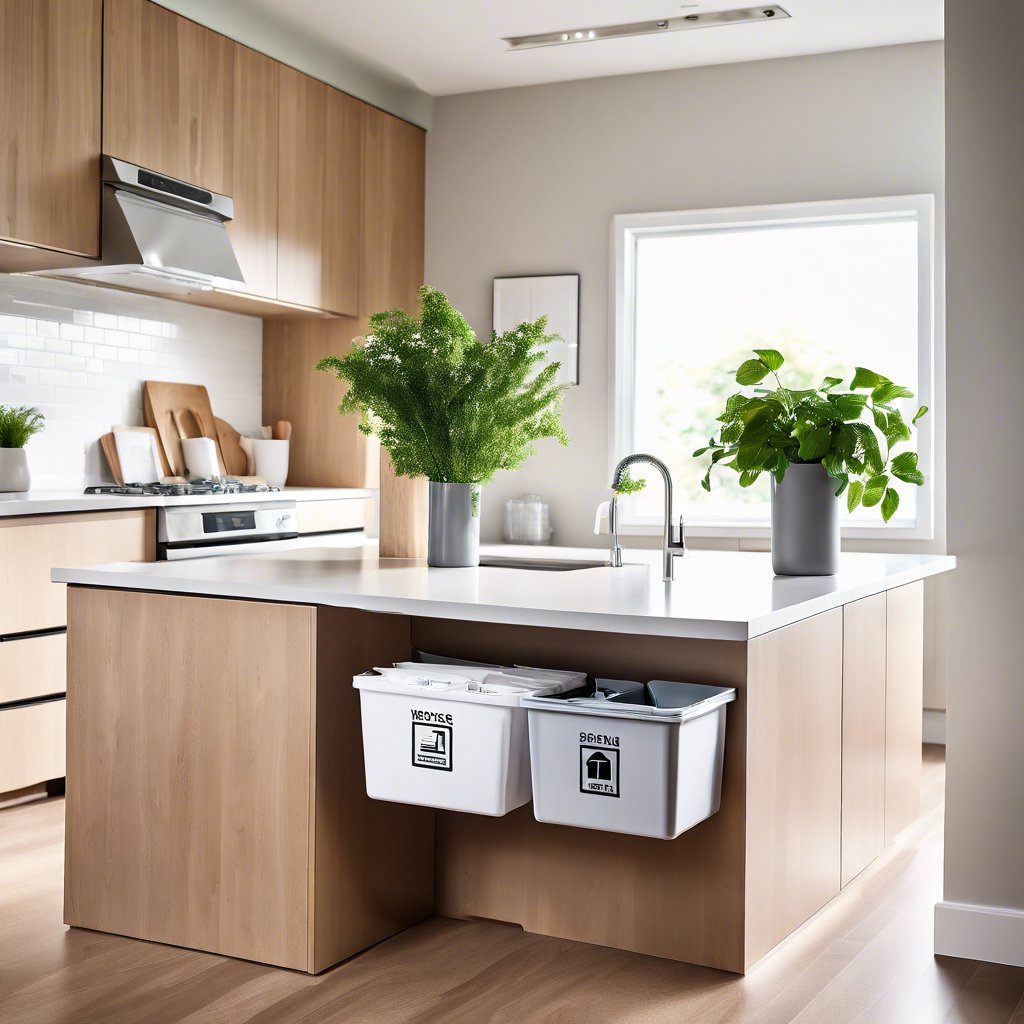Understanding the Importance of Recycling
In a world grappling with climate change and overflowing landfills, the significance of recycling has never been more paramount. Recycling not only conserves natural resources but also reduces energy consumption and minimizes pollution. By adopting a minimal home recycling system, you can contribute to a sustainable future right from the comfort of your home. This article will guide you through the essential steps to create an efficient and eco-friendly recycling system that fits seamlessly into your lifestyle.
Steps to Establish Your Home Recycling System
Creating a minimal home recycling system begins with understanding what materials can be recycled and how to manage them effectively. Here’s a straightforward approach to get you started:
- Assess Your Waste: Start by evaluating the types of waste you generate regularly.
- Designate Recycling Bins: Allocate specific bins for paper, plastics, metals, and glass in your home.
- Educate Your Household: Ensure all family members understand the importance of recycling and how to sort materials correctly.
- Establish a Collection Schedule: Decide how often you will take your recyclables to the local recycling center.
- Stay Informed: Keep updated on local recycling guidelines and what materials are accepted.
Maximizing Your Recycling Impact
To truly elevate your recycling efforts, consider integrating complementary practices into your minimal home recycling system. Upcycling, composting, and reducing single-use products can significantly enhance your sustainability journey. By consciously opting for reusable alternatives and embracing a circular mindset, you can transform the way you think about waste. Together, these practices not only reduce the amount of waste you produce but also foster a deeper connection to the environment and your community.




